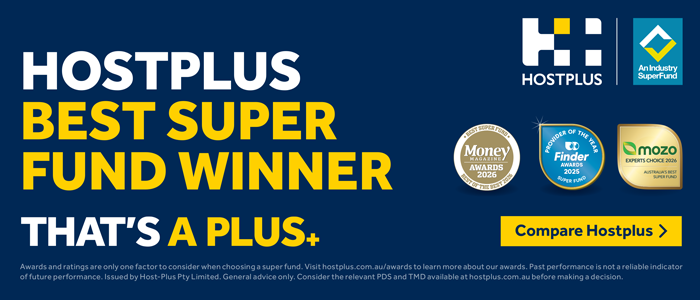
Despite divesting its entire portfolio late 2017, the beleaguered Publican Group has been put into voluntary liquidation.
The cashed-up Dixon Hotel Group – since rebranded to Australian Venue Co (AVC) – bought the clutch of nine Publican Group venues in Victoria and Western Australia in October 2017, taking possession late November.
Founded in 2014, AVC’s rapid expansion fuelled rumours of an IPO (Initial Public Offering) strategy for the hospitality entrants, with a model based in leasehold operations holding no gaming and strong exposure to fine-dining.
Private equity giant KKR took a reputed 80 per cent stake in Dixon Group in June, and is now believed to be beginning a large-scale acquisition strategy ahead of its own IPO of the hospitality business.
The Publican Group deal is thought to have been worth around $30 million, and follows Dixon’s full portfolio acquisitions of Open Door Pub Co, Drink n’ Dine, Beer Deluxe, and elements of the Keystone Group’s assets.
Publican Group has been fronted by directors John Ahern and Steve Garcia, who did not reply to request for comment on the reason behind the company’s collapse.
Administrators Chadwick Hall held a preliminary meeting for creditors on 29 December, to consider the appointment of a committee of inspection on the company.
The Group counted six operations in Victoria, including the big new Hopscotch riverside bar, and three in WA, including the beautifully restored Guildford Hotel.
“Publican Group’s unique concepts marry perfectly with Dixon Hospitality’s approach to maintaining individually branded venues,” said Dixon Hospitality CEO Paul Waterson in a statement.
“We are very excited to have worked together to close the deal with Publican Group.”
This and recent Queensland and Northern Territory purchases take the accumulated value of AVC to over $300m, with an expected target of closer to $1bn before KKR puts an IPO into play.
Dixon has historically sought purchase prices of around five to seven times earnings (before interest, tax, depreciation and amortisation)(EBITDA), while an IPO is expected to offer tighter returns of eight to ten times EBITDA, more in line with freehold going concern assets.
As with the previously mooted float, doubts remain as to the surety and underlying value of the assets behind the business, but the near bottomless pit of cash held by KKR could nevertheless see an unprecedented buying spree.

